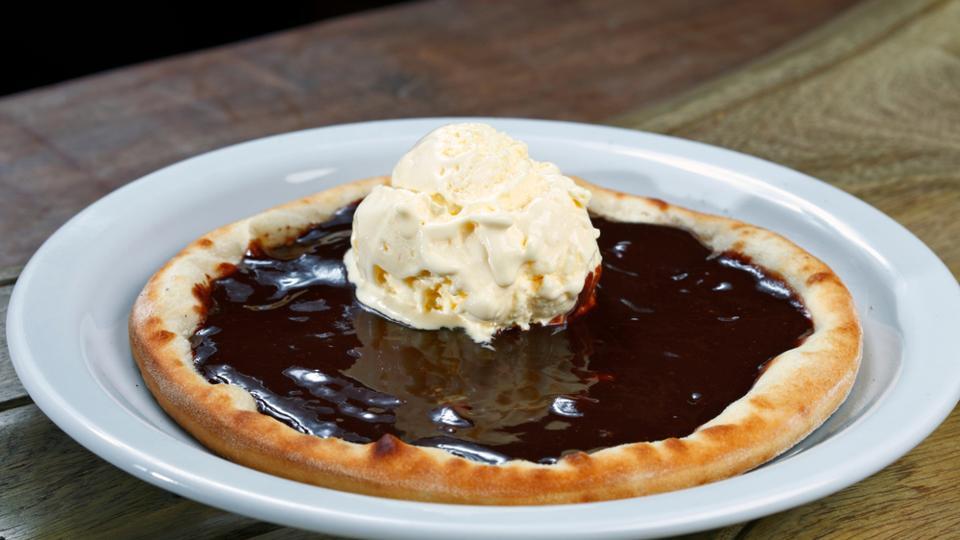

Under pressure and gobbling pizza or chocolate? It may not be your fault, according to Japanese researchers who have isolated the neurons that drive a craving for carbs.
The team at Japan’s National Institute for Physiological Sciences found that activating neurons known to respond to social stress increased the appetite in mice for carbohydrates. Rodents with the neurons activated ate high-carbohydrate food at a rate of three times the mice under normal conditions.
They also roughly halved their intake of high-fat food, the study found. The research is the first to demonstrate the way that the brain plays a role in the preference for carbohydrates or fats, said Yasuhiko Minokoshi, a scientist at the institute, who led the study.
The teams said the study could help find a way to shift people away from gorging on sugary treats or unhealthy junk food. Humans generally select what to eat based on taste, as well as the nutritional state of the body, but the exact mechanism involved in the selection has remained largely a mystery.
“Many people who eat sweets too much when stressed tend to blame themselves for being unable to control their impulses,” Minokoshi told AFP. “But if they know it’s because of the neurons”, they might not be so hard on themselves, he said.
Minokoshi cautioned that it would be difficult to immediately apply the findings to improving human diets. Simply suppressing the neurons could trigger side effects, as they have many other important roles, he said.
“However, if we could find a particular molecule in the neurons and target it specifically to suppress part of its activities, it could curb excessive eating of carbohydrate-heavy food,” he said.
On the other hand, a substance to activate it could be used to treat people who consume excessive fat. The study is to be published in the online edition of the US journal Cell Reports soon.
Many researchers suspect a certain mechanism could be responsible for prompting some animals to choose high-protein food, but a definitive process has not yet been discovered.
[“source=hindustantimes”]




